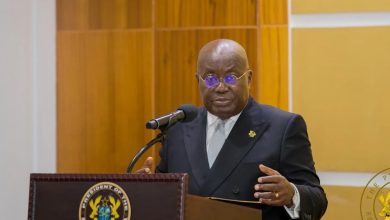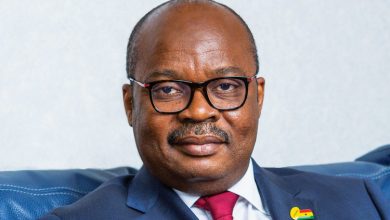MoH and WHO host national dialogue to tackle health workforce crisis

The Ministry of Health, in collaboration with the World Health Organization (WHO), has held a two-day National Policy Dialogue to address critical challenges facing Ghana’s healthcare workforce.
Held under the theme “Transforming Ghana’s Health Workforce for UHC: Align, Invest, and Sustain,” the event aimed to shape strategic policies to resolve key issues such as the unequal distribution of healthcare professionals, skills gaps, and the growing trend of emigration among health workers.
Key discussions focused on clearly defining roles within the health system, enhancing job opportunities for health professionals, and ensuring consistent investment in human resources for health (HRH). The overarching goal was to build consensus around sustainable policies that support a well-distributed, skilled, and resilient health workforce nationwide.
Addressing participants, Health Minister Kwabena Mintah Akandoh shared insights from a recent Health Labour Market Analysis (HLMA), which painted a mixed picture of progress and ongoing challenges. He acknowledged advancements made over the past two decades but underscored ongoing struggles in deploying and retaining healthcare workers.

He revealed that nearly 40% of qualified health professionals remain unemployed, even as rural areas suffer severe staff shortages. Additionally, he expressed concern over a growing wave of emigration, noting that over two-thirds of Ghanaian health workers are considering leaving the country due to economic pressures.
Akandoh called on all stakeholders to engage in innovative thinking and collaborative efforts to develop solutions that will ensure Ghana achieves Universal Health Coverage (UHC) and secures a sustainable future for its health workforce.
Progress and Calls for Deeper Reforms in Health Workforce Strategy
In his welcome address at the National Policy Dialogue, Chief Director of the Ministry of Health, Alhaji Hafiz Adam, acknowledged the significant strides made in expanding Ghana’s healthcare workforce over the past two decades. With support from development partners, the ministry has increased the density of the public sector health workforce from 16.56 to 41.92 per 10,000 people—a notable achievement.
Despite this progress, Alhaji Hafiz emphasized the importance of the dialogue in addressing persistent challenges. He noted that a deeper analysis of the Health Labour Market Analysis (HLMA) findings would help shape strategies focused on education, job creation, and the retention of healthcare workers.
He further highlighted the need for stronger collaboration among stakeholders, improved policy frameworks, and robust monitoring and evaluation systems to ensure long-term development and effective management of Ghana’s healthcare workforce.
The event convened senior officials from key ministries, representatives from the Ministry of Health, private healthcare providers, quasi-government health institutions, professional bodies, and development partners. A panel discussion was held to build consensus around critical reforms, including better workforce coordination, enhanced regulatory mechanisms, and sustained financial investment in the health sector.





